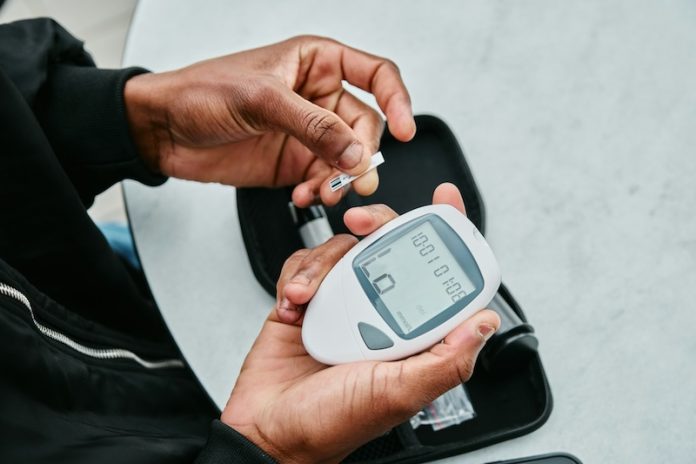
Delirium is a sudden and serious condition that causes confusion and a lack of awareness. It often happens quickly, especially in older adults or people who are already unwell. It can be brought on by infections, surgeries, medications, or other health issues. Scientists are working to find ways to prevent delirium and reduce its impact.
In a recent study, researchers from Stanford University and other institutions discovered that a common diabetes drug, metformin, might help reduce the risk of delirium. They also found that it could improve survival in people with type 2 diabetes.
Metformin is widely used to treat type 2 diabetes. In addition to lowering blood sugar, past studies have shown that it may have other health benefits, such as slowing age-related decline, reducing the risk of dementia, and even helping people live longer.
To find out whether metformin could also lower the risk of delirium, researchers looked at data from 1,404 patients who had previously joined a health study. They split the patients into two groups. Both groups had type 2 diabetes, but one group had been taking metformin, while the other had not.
The results were striking. People who had used metformin in the past were less likely to develop delirium than those who had never taken the drug. Even more, they were also less likely to die during the study period. This suggests that metformin might help protect not just against delirium, but also against other serious complications in people with diabetes.
Based on these findings, the researchers believe metformin may have broader benefits than previously thought. However, it’s important to note that this study was observational, meaning it looked at past data rather than testing the drug in a controlled experiment.
More research, including clinical trials, is needed to confirm whether metformin directly prevents delirium or lowers the risk of death.
If you have type 2 diabetes, talk to your doctor about your treatment options. While metformin is often a first-line treatment, not everyone is prescribed the same medications. Your doctor can help you decide what’s best based on your health, lifestyle, and medical history.
There are also many ways to reduce the risk of type 2 diabetes and its complications:
Keeping a healthy weight is one of the most effective ways to prevent diabetes. Losing even 5 to 10 percent of your body weight can make a big difference.
Regular physical activity helps lower blood sugar and makes the body respond better to insulin. Try to exercise for at least 30 minutes a day on most days—this could be walking, biking, or dancing.
Eating a balanced diet full of fruits, vegetables, whole grains, and healthy fats also supports good blood sugar control. It’s best to avoid sugary drinks and processed foods.
Quitting smoking is another powerful step toward better health. Smoking raises the risk of many diseases, including type 2 diabetes.
Managing stress through relaxation techniques, breathing exercises, or hobbies can also help stabilize blood sugar levels.
Getting enough sleep—around 7 to 9 hours per night—is important too. Poor sleep can make it harder for your body to manage blood sugar.
Finally, if you’re at risk for diabetes or have a family history, make sure to get regular check-ups and blood sugar tests. Catching problems early can make treatment easier and more effective.
This study, led by Dr. Takehiko Yamanashi and published in the journal Aging, adds to a growing body of research suggesting that common medications like metformin might offer unexpected benefits. It’s a reminder that staying informed about the latest science can help us make better decisions about our health.
If you care about diabetes, please read studies about high vitamin D level linked to lower dementia risk in type 2 diabetes, and this eating habit could help reduce risk of type 2 diabetes.
For more information about nutrition, please see recent studies about unhealthy plant-based diets linked to metabolic syndrome, and results showing Mediterranean diet could help reduce the diabetes risk by 30%.
Copyright © 2025 Knowridge Science Report. All rights reserved.



